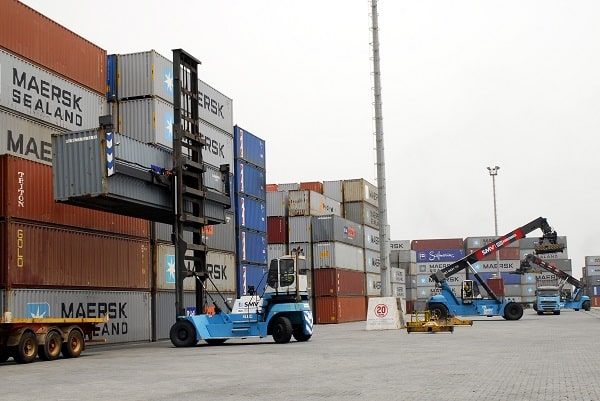US Treasury Secretary Janet Yellen has insisted that the country’s banking system is “sound” as stock markets continued to rebound.
Ms Yellen told the Senate “Americans can feel confident that their deposits will be there when they need them”.
US regulators have been forced to rescue two banks in recent days, sparking investor fears other lenders may be facing problems.
Markets in New York rose after a shaky start to trading.
A report that First Republic Bank is considering a sale appeared to unnerve investors. Its share price fell by 23%. Over the past five days, its share price has dropped by nearly 65%.
But the US’s three main stock markets indexes – the Dow Jones, Nasdaq and the S&P 500 – are now up after initially opening lower.
Fears that Credit Suisse’s issues could cause a wider banking crisis had sent stock markets tumbling on Wednesday.
Credit Suisse had sought help from Swiss National Bank after revealing it had found “material weakness” in its financial reporting.
Problems in the banking sector surfaced in the US last week when Silicon Valley Bank (SVB), the country’s 16th-largest lender, collapsed followed two days later by the failure of New York’s Signature Bank.
Authorities had been forced to step in to prevent a run on bank deposits as panic spread.
Ms Yellen told the Senate Finance Committee: “This week’s actions demonstrate our resolute commitment to ensure that depositors’ savings remain safe.”
The collapse of Silicon Valley Bank fuelled concerns about the value of bonds held by banks, as rising interest rates made those bonds less valuable.
Central banks around the world – including the US Federal Reserve and the Bank of England – have sharply increased interest rates as they try to curb the rate of price rises, or inflation.
On Thursday, the European Central Bank (ECB) announced a further increase to interest rates from 2.5% to 3%.
Commenting on the recent turmoil, ECB vice president Luis de Guindos said “the banking industry in Europe is resilient” and they have “limited exposure to the institutions of the US”.
Banks tend to hold large portfolios of bonds and as a result are sitting on significant potential losses.
The falls in the value of bonds held by banks is not necessarily a problem unless they are forced to sell them.
Help for banks
Credit Suisse’s share price rose by 12%. Switzerland’s central bank said Credit Suisse had the money it needed but stressed it was ready to step in and help if needed.
Sir John Gieve, former deputy governor at the Bank of England, told the BBC that central banks were sending a “message” that such problems would be contained locally.
He added that in Credit Suisse’s case, the Swiss National Bank’s action was likely to be enough to stop the crisis spreading.
“What we’ve seen overnight is the Swiss central bank saying ‘no, we will not let this get into a disorderly collapse’,” he said.
“I don’t know what the future for Credit Suisse holds but so far they are still standing and it looks like the Swiss central bank will ensure it’s standing long enough to rearrange its affairs for the future.”
Credit Suisse, founded in 1856, has faced a string of scandals in recent years, including money laundering charges, spying allegations and high profile departures.
It lost money in 2021 and again in 2022 and has warned it does not expect to be profitable until next year.
Daniel Davies, managing director at Frontline Analysts, and a former bank analyst at Credit Suisse, said that the bank’s “millionaire and billionaire client base just seems to have reached the end of their tolerance and they’ve been taking money out over the last six months at what began to look like an increasing rate”.
He added that the Bank of England will have been asking its Swiss counterpart whether it still had faith in Credit Suisse.
“Because the nature of these crises is that when you have a real massive deposit run it is like a tsunami – nothing humans can make can stop it. The only thing you can do is stop it before it turns into a proper deposit run and the only people that can do that are the central banks.”
















